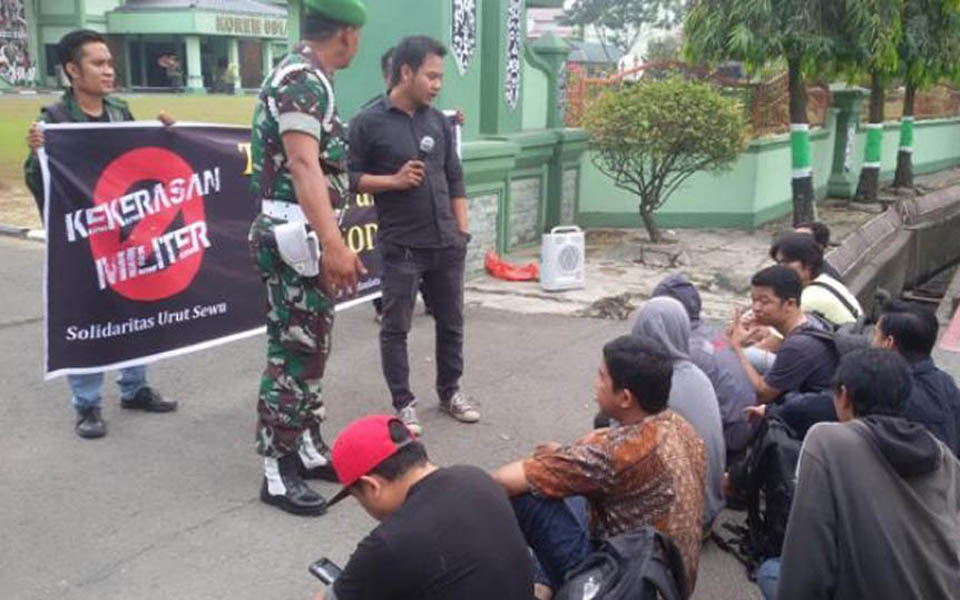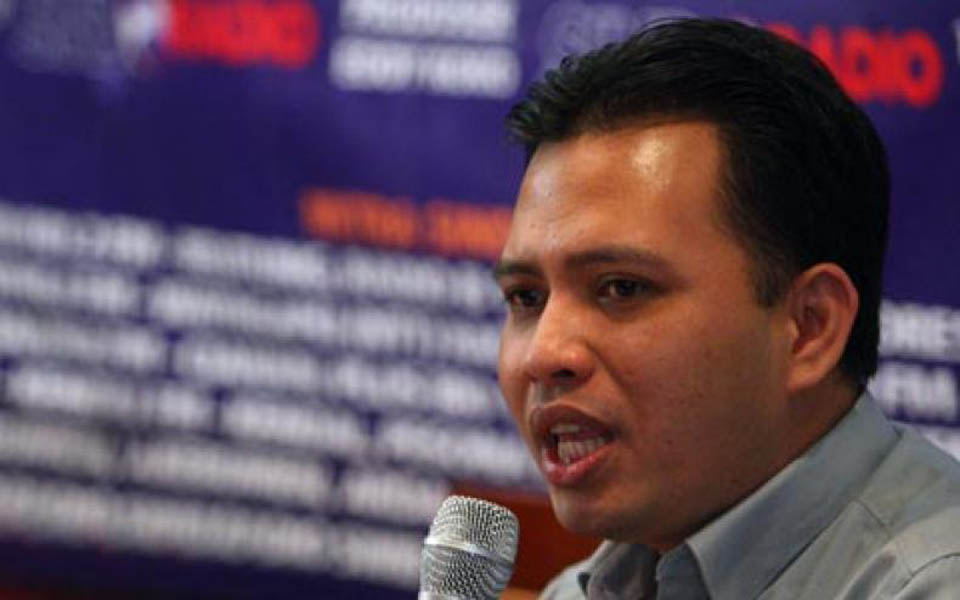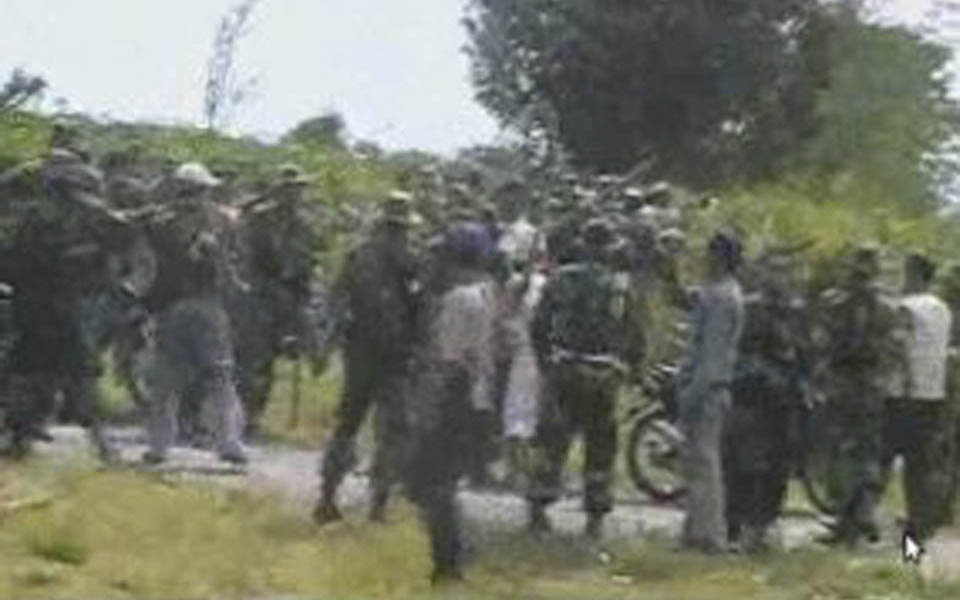Traditional land rights
Shocking reports have emerged of mass killings in Lampung after dozens of farmers from Mesuji met with lawmakers on Wednesday and alleged that 30 farmers had been murdered between 2009 and 2011 as part of attempts by a plantation company to evict them from their traditional land.











